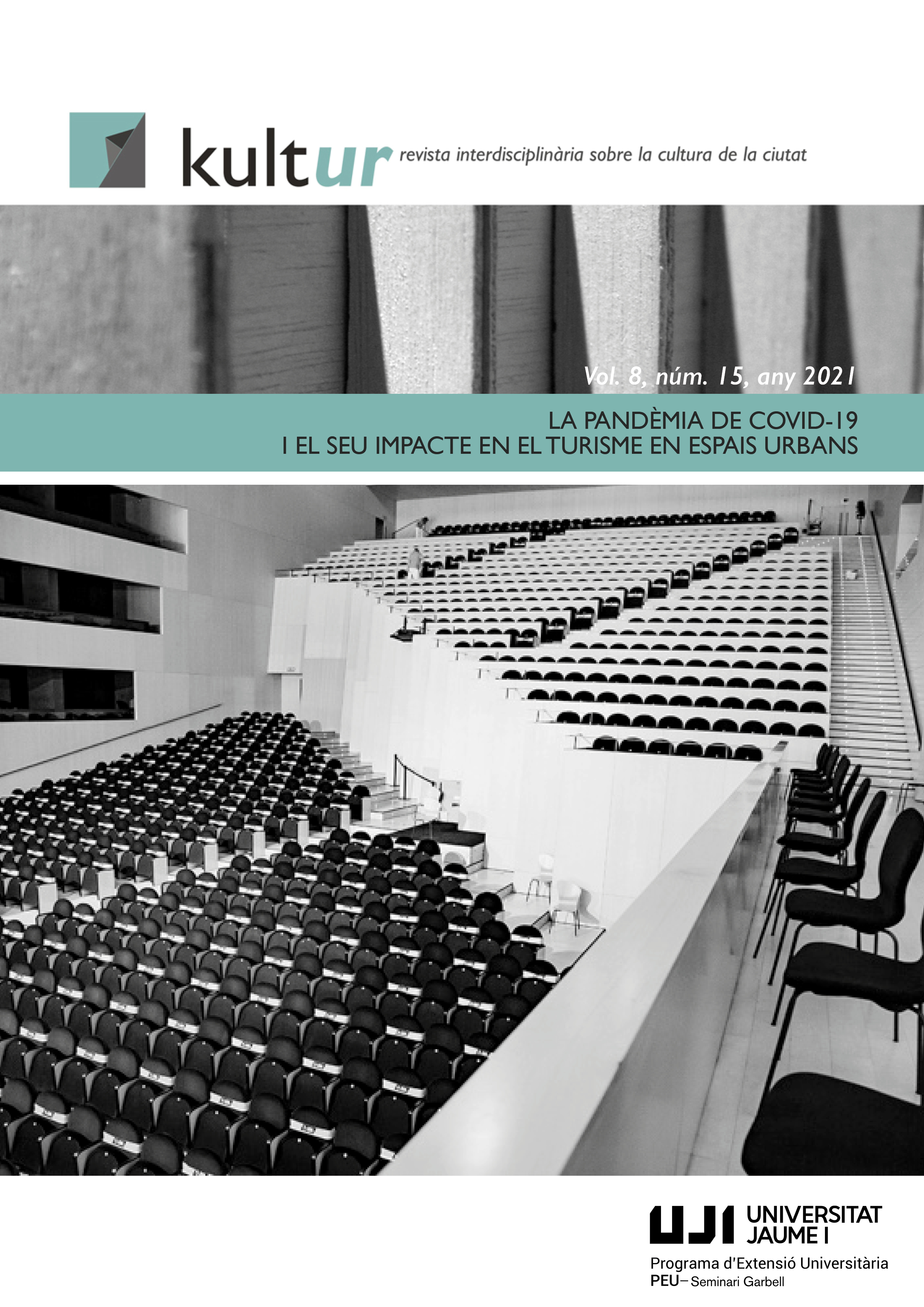As well as its serious health effects, the COVID-19 pandemic is also wreaking social and economic havoc, and the current crisis is forecast to be especially punishing. One of the most badly affected activities is tourism, unlike the situation following the 2008 global financial crisis in which the sector played a crucial role in economic recovery and job creation. The almost total suspension of all tourist activity over a period of several weeks, and its slow, uncertain recovery––also dependent on how the pandemic evolves in other parts of the world––augur serious difficulties for economies that rely heavily on tourism. This situation has highlighted the vulnerability of regions, and particularly urban spaces, that have undergone an intense touristification process in recent years.
This context of crisis, with its grave implications for the lives of many people, has opened up an intense intellectual debate on how we should intervene in such a situation, a debate polarised between those calling for urgent public funding to reactivate the tourism economy, others arguing for a reappraisal of its current operational model, and yet other voices demanding more drastic deceleration measures and processes of socio-ecological transition. Not all contexts are the same in this debate, and more detailed, complex analyses are called for. At the same time, faced with the paralysis of international tourism and its unsettled, precarious reactivation, interest has grown in domestic tourism and particularly in different forms of local tourism, which in contrast to its traditionally more modest role in public policies, could go some way to reviving the sector.
DOI: https://doi.org/10.6035/Kult-ur.2021.8.15.
Published: 2021-08-31


